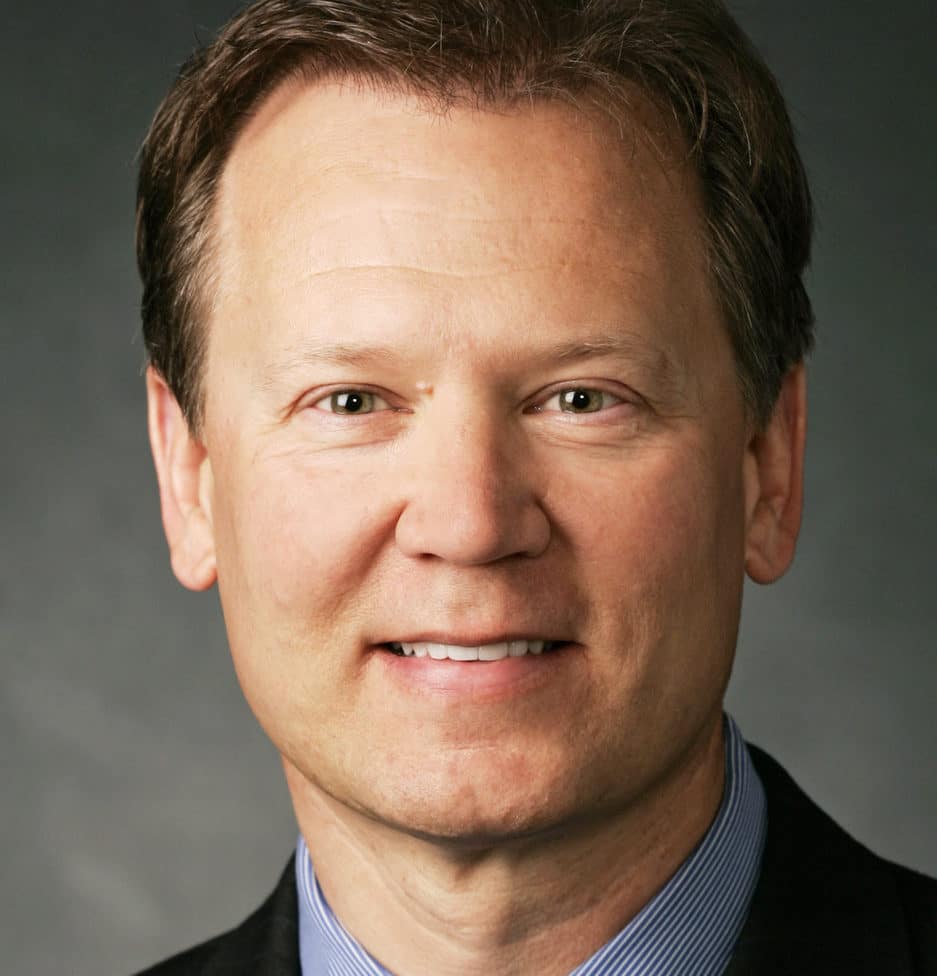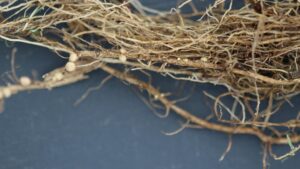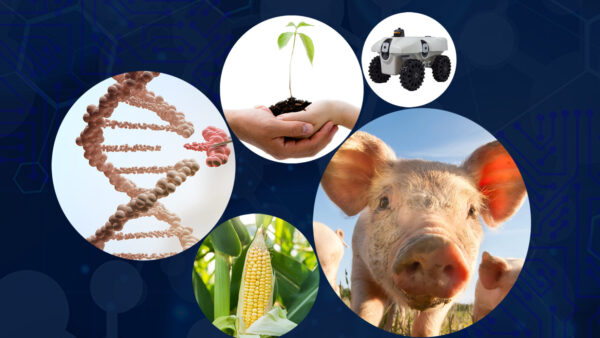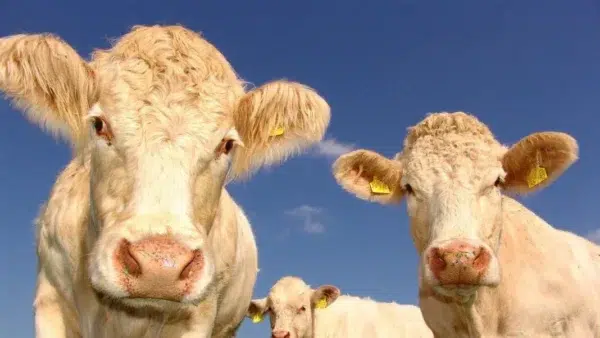BASF credits the people, both its employees and farm customers for its success. Seed World sat down with Rick Van Genderen, who serves as the Global Lead for Soybean Seed and Trait Strategy for BASF to discuss the company’s post-integration strategy, product pipeline and what to expect from it all.
(SW): We are just a few months shy of the one-year mark of BASF acquiring the soybean seed assets from Bayer. How is this transition going?
(RV): As with every transition or integration, there are always challenges but we are making the most of it. I’m excited because the integration brought two high-performing organizations together, and I couldn’t be more impressed with the combination of people and talents. Because of the speed at which the integration had to be done, BASF went from 8,000 employees to more than 12,000 overnight. Of course, the integration is more than just building a new organizational structure, as it takes time to make that mental shift and to really feel like one company. A big positive is that with the complementary pipelines, we can deliver top-notch solutions in crop protectants, seeds and traits for soybean growers.
(SW): What R&D and capital investments has BASF made?
(RV): BASF has invested significant dollars in R&D, specifically for soybeans. In our pipeline we have a soybean cyst nematode trait, which came from the acquisition, and a novel trait for controlling Asian soybean rust in Brazil. We also have a leading R&D program for hybrid wheat and have made big investments in cotton and canola improvement. BASF recently invested in two research stations, one in Indiana and one in Iowa, that are focused on germplasm development.
(SW): Are there any new or exciting technologies soybean growers can expect from BASF?
(RV): Yes! BASF has a new, novel mode of action that adds diversity to the toolbox for growers looking at weed control options. This is a new herbicide tolerance trait accompanied by a new chemistry for better weed control. You’ll be hearing more from us on this front. Plus, there is much we can’t talk about yet, but it’s going to be an exciting future.
(SW): What are some of the challenges you’re looking to solve for growers?
(RV): That answer depends on where you are located but one commonality (regardless of location) is the challenge of controlling herbicide resistant weeds. Brazil has tremendous insect and disease pressures with resistance concerns. And I’ve never met a farmer who isn’t looking to increase their yields.
(SW): With so many questions after recent industry consolidation, how does BASF plan to continue to deliver innovative solutions to its customers?
(RV): We are very passionate about meeting the needs of customers. This means we are thinking about what their farms and operations will look like 15 and 20 years from now. While we may not have a crystal ball, we have a very knowledgeable and talented group of people on which we rely. They are responsible for identifying potential pain points before they’re painful. We are investing a tremendous amount (around $1 billion annually) in research and development. We know technology will be a key driver. Anything we bring to market, we expect to have an embedded, digital component.
(SW): What do you see as some of the more significant challenges BASF will face going forward?
(RV): I don’t think we will see new pain points, it’s just that the existing ones will mount even greater pressures — weeds, insects and disease. Resistance is developing to the current market solutions in each of these areas, and farmers really need new tools at their fingertips. One other challenge that will factor into any equation is the need to increase production under increased regulatory scrutiny. This calls for increased communications and creative solutions to some of the most complex issues.
(SW): From your perspective, what are the business’ greatest strengths?
(RV): Research and development. We have an extremely robust product pipeline, and growers know us as an innovation leader. We look to honor that reputation every day with the products we bring to market.
(SW): How do you plan to grow the BASF soybean seed business?
(RV): Admittedly, we are still a relatively small player around the world. We believe we can grow our business by using our strength in R&D to bring to market the best solutions to resolve the challenges of the soybean grower. We are making a great deal of progress in both North America and Latin America.
(SW): What can we expect going forward from BASF and soybean seed?
(RV): You will see a great number of differentiated solutions for farmers and an increasing number of new technologies around traits, chemistries and chemistry management. Earlier I mentioned the people; we have educated experts on a number of fronts, and we look to preserve that uniqueness. We also have a reputation for being close to the customer, especially with seeds. This will remain and continue to help us meet the needs of customers and service them at the highest level.













